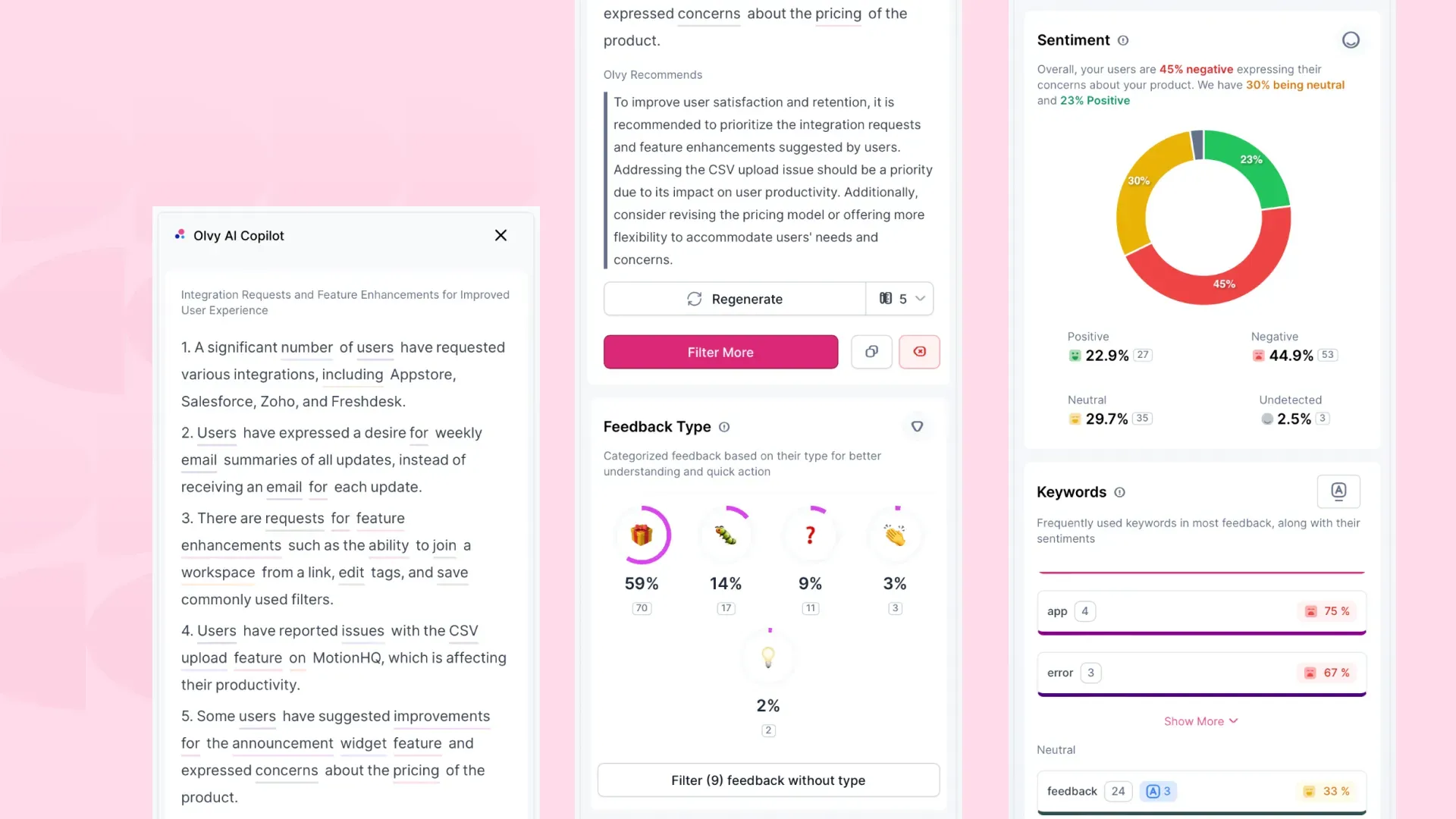Net Promoter Score, commonly known as NPS, is a customer loyalty/satisfaction metric that quantifies how likely customers are to recommend a company's product or service to others. Created by Fred Reichheld, Bain & Company, and Satmetrix in the year 2003, NPS is derived from a straightforward question asked to customers: “On a scale of 0 to 10, how likely are you to recommend our product/service to a friend or colleague?”
Based on the responses, customers are segmented into three categories:
- Promoters (score 9-10): Enthusiastic and loyal customers who are likely to act as brand advocates.
- Passives (score 7-8): Satisfied but unenthusiastic customers who are vulnerable to competitive offerings.
- Detractors (score 0-6): Unhappy customers who can damage the brand through negative word-of-mouth.
The NPS is then calculated by subtracting the percentage of Detractors (unhappy customers who are likely to talk bad about your brand) from the percentage of Promoters, resulting in a score that ranges from -100 to 100.
Importance of NPS
The significance of NPS cannot be overstated. Here are a few reasons why:
- Predictive Indicator of Growth: High NPS scores have been correlated with sustainable business growth. Companies with higher NPS tend to experience lower churn rates and higher revenue growth.
- Customer-Centric Insights: NPS allows businesses to truly understand their customers' perceptions and experiences, providing actionable insights to improve products, services, and overall customer experience.
- Benchmarking and Comparison: NPS serves as a valuable benchmarking tool. Businesses can compare their scores against industry standards or competitors to gauge their relative performance and identify areas for improvement.
Use-Cases of NPS
NPS can be applied across various domains and touchpoints within a business. Some common use-cases include:
- Product Development: By analyzing feedback from Promoters and Detractors, companies can identify features or aspects that require enhancement or innovation.
- Customer Service: NPS responses can highlight strengths and weaknesses in customer support, leading to targeted training and process improvements.
- Employee Engagement: Internally, NPS can be adapted to measure employee satisfaction and loyalty, often referred to as Employee Net Promoter Score (eNPS).
- Marketing Strategies: NPS data can help tailor marketing campaigns to better resonate with loyal customers and address concerns of less satisfied ones, boosting overall brand image and loyalty.
Though there are several use cases of NPS, but in this blog we’ll primarily focus on how to effect business and ways to improve it.
Reasons behind low NPS
There are thousands of things that can affect your NPS, most of which you can control and fix, but some might be out of your control. A low NPS can be a significant indicator of underlying issues within your organization. Here are some common reasons for a low NPS:
- Poor Customer Service: Negative interactions with customer service can heavily impact customers' perception of the brand.
- Product or Service Quality Issues: If the product or service does not meet customer expectations in terms of quality, functionality, or reliability, it can result in dissatisfaction.
- High Prices: Customers may feel that the cost of the product or service is not justified by the value they receive.
- Lack of Features: Missing features or functionalities that are available from competitors can make customers less likely to recommend the product.
- Usability Problems: Difficult-to-use products or services can frustrate customers and lead to negative feedback.
- Poor Communication: Ineffective or unclear communication from the company can leave customers feeling confused or undervalued.
- Negative Brand Reputation: External factors, such as negative press or poor social media presence, can influence customers' perception of the brand.
- Customer Expectations Not Managed: If customers have unrealistic expectations that are not managed appropriately, they are likely to be disappointed with the experience.
- Limited Support Channels: Having insufficient support channels for customers to get assistance (e.g., phone, email, chat) can lead to frustration.
- Inadequate Follow-Up: Failure to follow up on customer complaints or feedback can make customers feel ignored and unimportant.
- Inconsistent Experience: Inconsistencies in product or service delivery can lead to a lack of trust and reliability from the customer’s perspective.
- Competitor Offerings: Stronger offerings from competitors can make your product or service look less appealing in comparison.
How to fix/improve low NPS
Fixing your low NPS isn’t easy, but it’s not hard either. The starting point is to find the factors affecting your NPS and the best way to do this is by going through surveys, user interviews, support tickets, and sales calls.
Though you can do these manually, but an easier way of doing all this research is by using automated feedback analysis tools like Olvy.

You just need to connect your feedback sources like Intercom, Crisp, Zendesk, Slack, Discord and others, once done, Olvy automatically does the analysis for you and highlights key issues and customer requests.
Once you have the analysis, you can decide what to do. Here are some example issues with solution.
“Poor customer support” → Train your CS team to ensure customer satisfaction
“Buggy software” → Prioritize bug fixes over features
“Confusing UI” → Look at user journey and usage recording to locate issues and solve them.
You can simply use the data to define your course of action to achieve a higher NPS.
Conclusion
In conclusion, the Net Promoter Score (NPS) is a powerful tool that can offer valuable insights into customer loyalty and satisfaction, serving as a predictive indicator of business growth. By understanding and addressing the reasons behind a low NPS, such as poor customer service, product quality issues, or inadequate communication, businesses can significantly improve their customer experience and overall brand perception.
Utilizing automated feedback analysis tools like Olvy can streamline the process of identifying key issues, enabling targeted strategies for improvement. Ultimately, focusing on NPS can help businesses foster stronger customer relationships, reduce churn rates, and drive sustainable growth.


